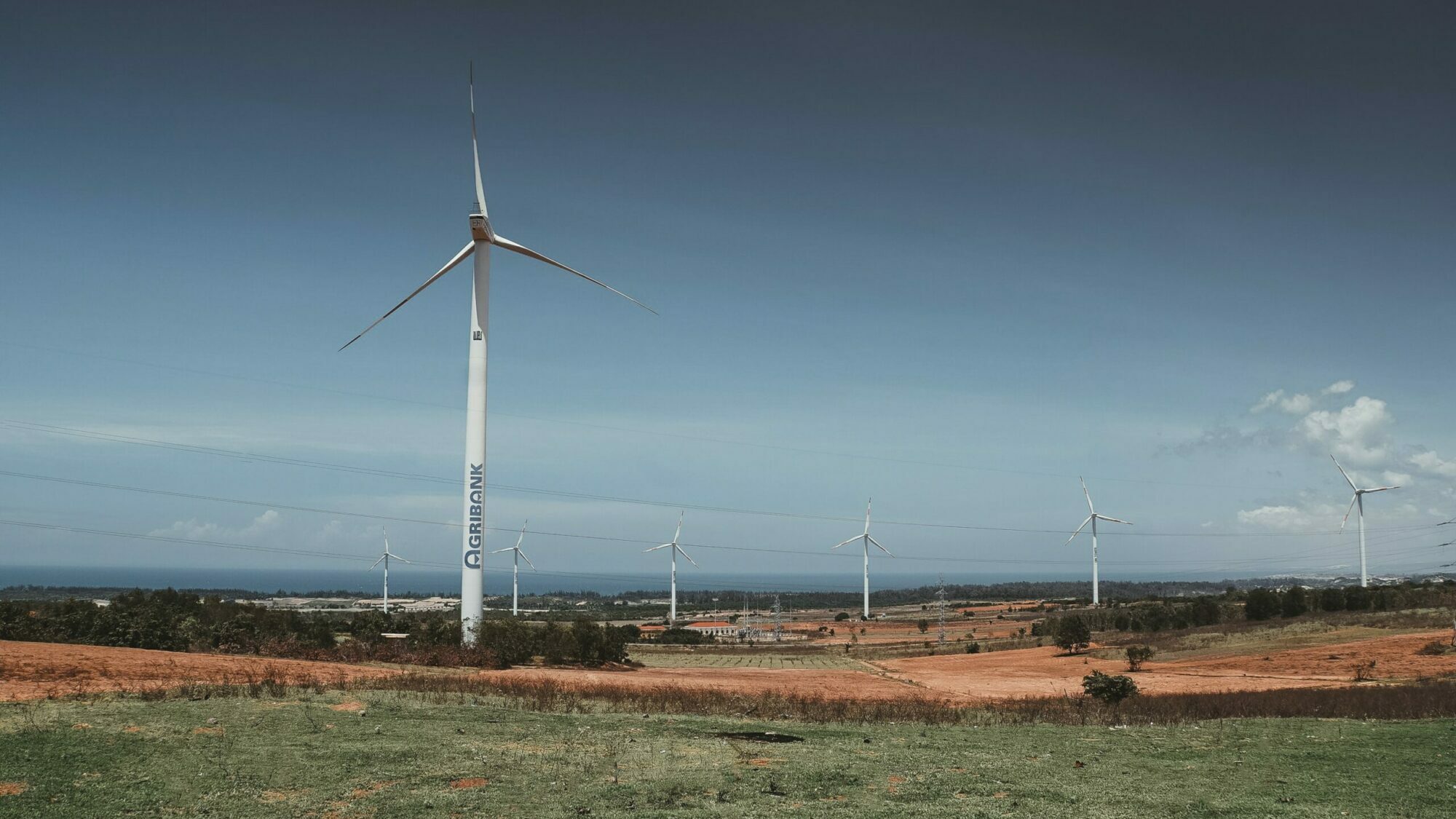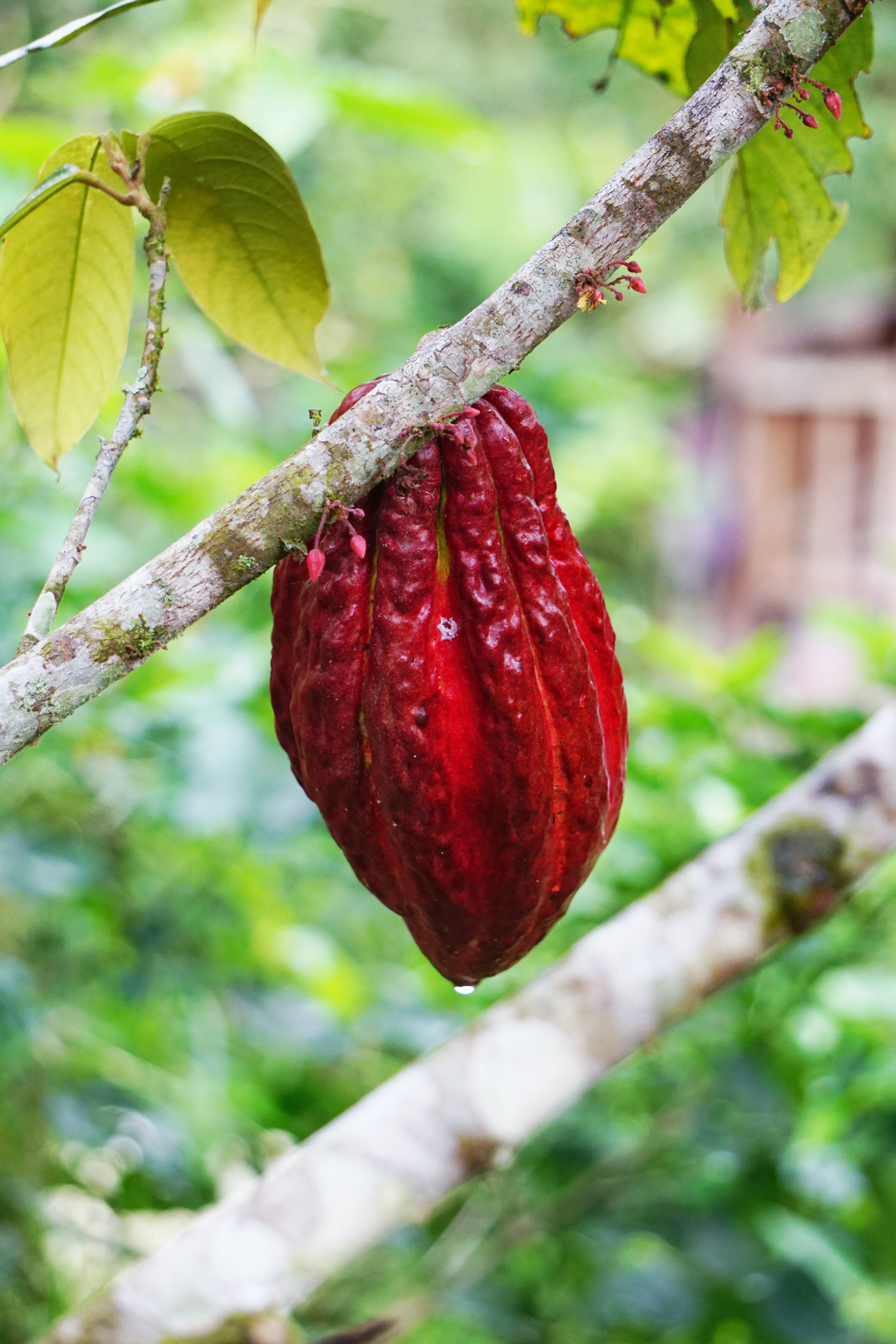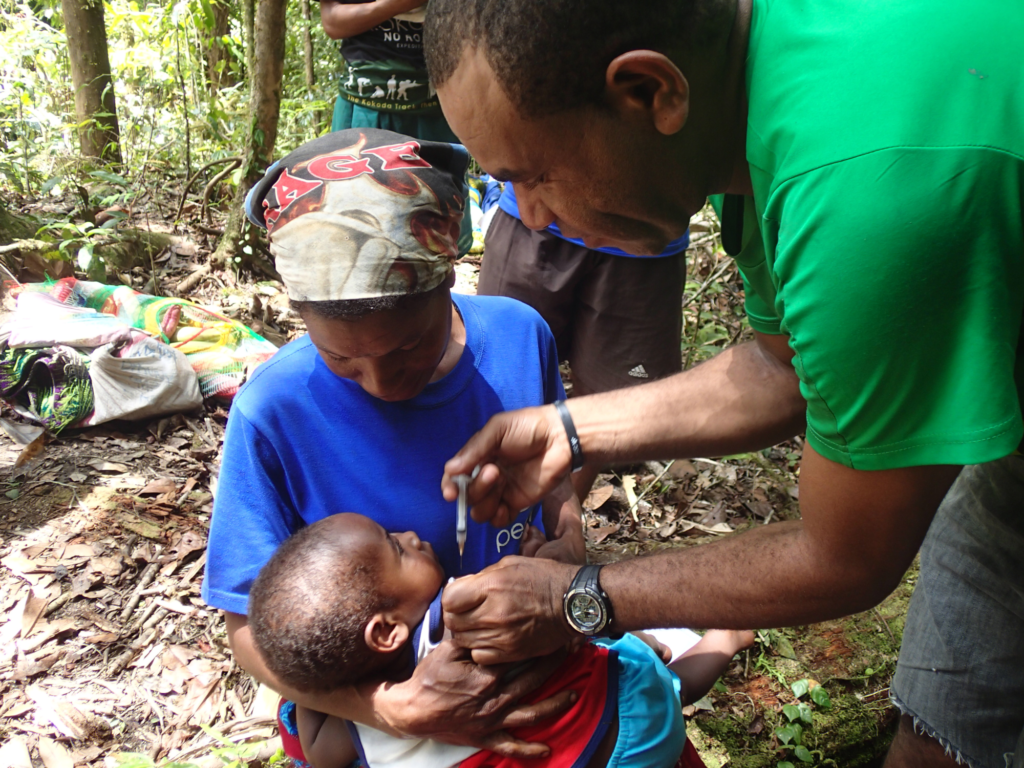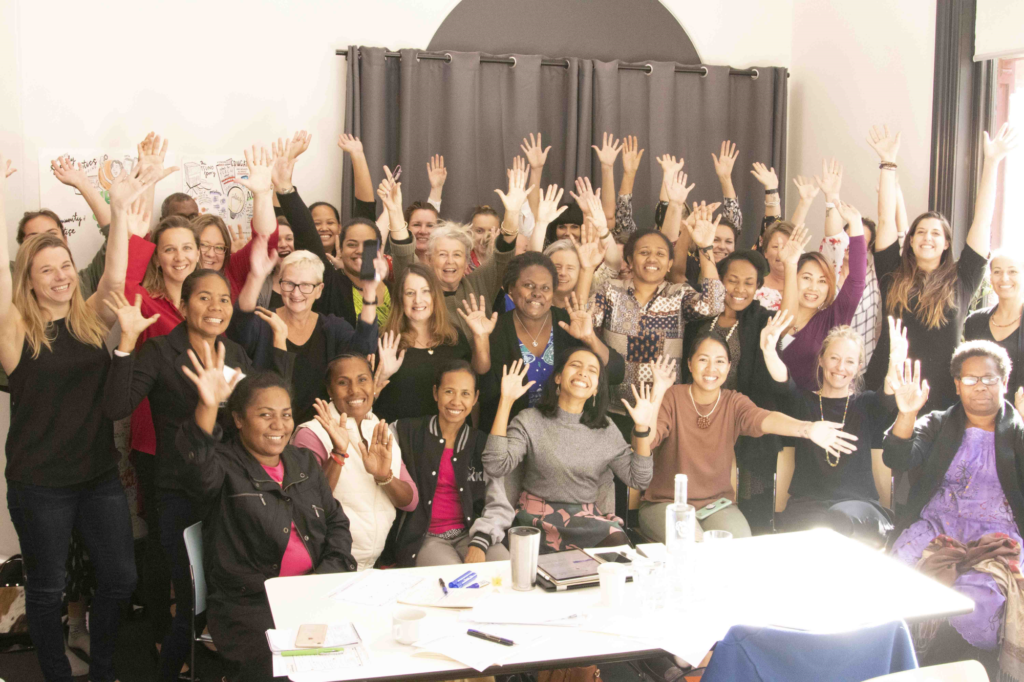

Bougainville cocoa farmers could comfortably triple their production by using the right planting materials and improving their management practices, according to a leading agribusiness specialist.
Agricultural consultant David Anderson has conducted an Australian Government funded analysis of Bougainville’s cocoa industry, together with the Autonomous Bougainville Government (ABG) Department of Primary Industries, which seeks to boost output and lift quality at every stage of production.
David’s been in Bougainville talking to hundreds of cocoa industry stakeholders – from farmers, to nurserymen, fermenters, buyers, exporters and ABG ministers.
The Cocoa Value Chain Diagnosis is part of a wider strategy to improve the productivity and profitability of key agricultural sectors through the AUD3.5 million per year Commodity Support Facility.
The Facility is being administered jointly across the ABG, Papua New Guinea, New Zealand and Australian Governments, with Australia’s contributions managed by the Tetra Tech International Development-managed Provincial and Local-level Governments Program.
The Facility will engage the private sector, encourage innovation and create income-earning opportunities for women and young people.
Mr Anderson explained that there are a range of factors affecting the autonomous region’s cocoa production, including difficulties in accessing quality hybrids, unmet demand for technical assistance and poor management of the cocoa pod borer.
He said if constraints on the industry were addressed, Bougainville cocoa farmers could substantially increase their production.
“I think they can go from about 200-500kg per hectare, to an average of 1500kg per hectare,” Mr Anderson said.
“But the genetic potential of the clones that are being provided to farmers is even higher; up to 2000kg or even 3000kg a hectare.
“With very good agricultural practices, very good post-harvest management, people can produce even six times what they are currently producing today. So there is tremendous opportunity for increasing household income.”
ABG Primary Industries Minister Nicholas Daku agrees with these sentiments.
“As the Minister responsible for the Department of Primary Industry, I am really happy with the work put into strengthening the cocoa value chain in Bougainville,” Mr Daku said.
“The initiative by the ABG, in partnership with the Australian Government, the New Zealand Government and other development partners, will certainly assist many farmers located throughout rural Bougainville.”
The Australian High Commission’s James Marshall said cocoa was a crucial industry for the autonomous region.
“Around two thirds of the people of Bougainville rely on agriculture, particularly cocoa, for their income,” Mr Marshall said.
“So this is an opportunity for a really inclusive and widespread economic development initiative which will put money into people’s pockets.
“It’s also an opportunity, because it is so widespread, for the ABG to raise significant revenue over the long-term.”
Mr Anderson said while Bougainville’s cocoa farmers were struggling, they were well aware of the challenges they faced and how they could begin to address them.
“Everybody seemed to be very knowledgeable and articulate in terms of expressing what their issues were in relation to improving the cocoa value chain,” he said.
“It was some very good feedback from those people on what the issues are and what some of the solutions might be.”
Prior to the Bougainville Crisis in 1988, the now-autonomous region exported about 30,000 tonnes of cocoa – the highest of any Papua New Guinean province. That fell to just a few thousand tonnes during the crisis.
Production had recovered to about 26,000 tonnes by 2009, when the cocoa pod borer hit the industry driving production down to about 13,000 tonnes today.

